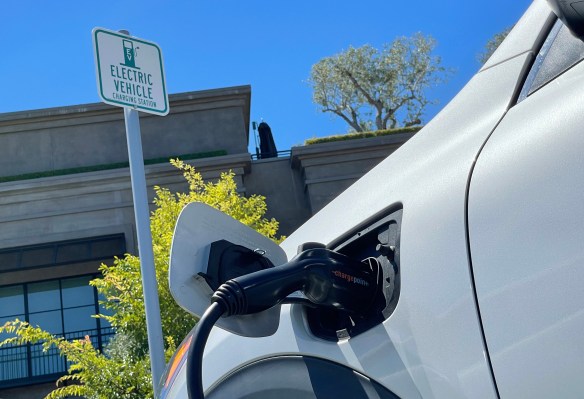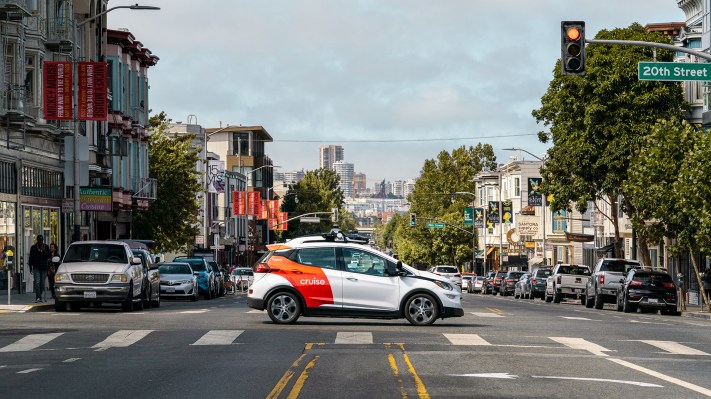Lyft-backed plan to fund electric cars flops in California

California voters shot down a plan to make electric vehicles more affordable for some residents, dealing a blow to Lyft and the EV industry alike.
Proposition 30 would have taxed residents making more than $2 million a year to subsidize electric cars and public charging stations as well as funded wildfire prevention programs. Even with just 41% of the votes tallied so far, the defeat was clear. As of Wednesday afternoon, some 59% of voters rejected the proposition.
The measure’s defeat comes as several states ready bans on gas-powered vehicles in urgent efforts to cut climate pollution.
Prop. 30’s primary backer was Lyft, which paid more than $48 million to support the would-be wealth tax. The measure’s opponents — which included Democratic Governor Gavin Newsom and venture capitalists Michael Moritz and Ron Conway — cast Prop. 30 as a “Lyft grift,” calling it a “scheme to further line the pockets of Silicon Valley tech billionaires.”
Yet, Prop. 30 did not include carve-outs for rideshare companies. It would have raised tens of billions of dollars to push down the price of electric cars for individuals, including drivers for ride apps like Lyft and Uber. Both companies have committed to going electric by 2030, and this measure could have helped them hit their targets.
Earlier this year, California mandated that nearly all rideshare vehicles go electric by 2030, as part of a broader effort to gradually push combustion engines off roads. Although the state already operates some programs to help cover the cost of going electric, Prop. 30 could have provided further assistance. Without it, ride-app companies may be forced to fork up additional cash, one way or another, to incentivize their drivers to switch, so they’ll comply with the state’s mandate.
Though more affordable options are gradually coming to market, electric vehicles are generally still in short supply, and most are too pricey upfront for most people. This is no good for the climate, because light-duty vehicles like cars and SUVs make up more than half of transportation-related emissions in the U.S., per the EPA.
On the Nasdaq, Lyft closed at $10.64, down by almost 2.4% from the prior day. The decline pales in comparison to the nosedive Lyft shareholders suffered on Monday, after disclosing hefty losses in its latest quarterly report. Earlier this month, Lyft laid off 683 employees, or about 13% of its workforce.



